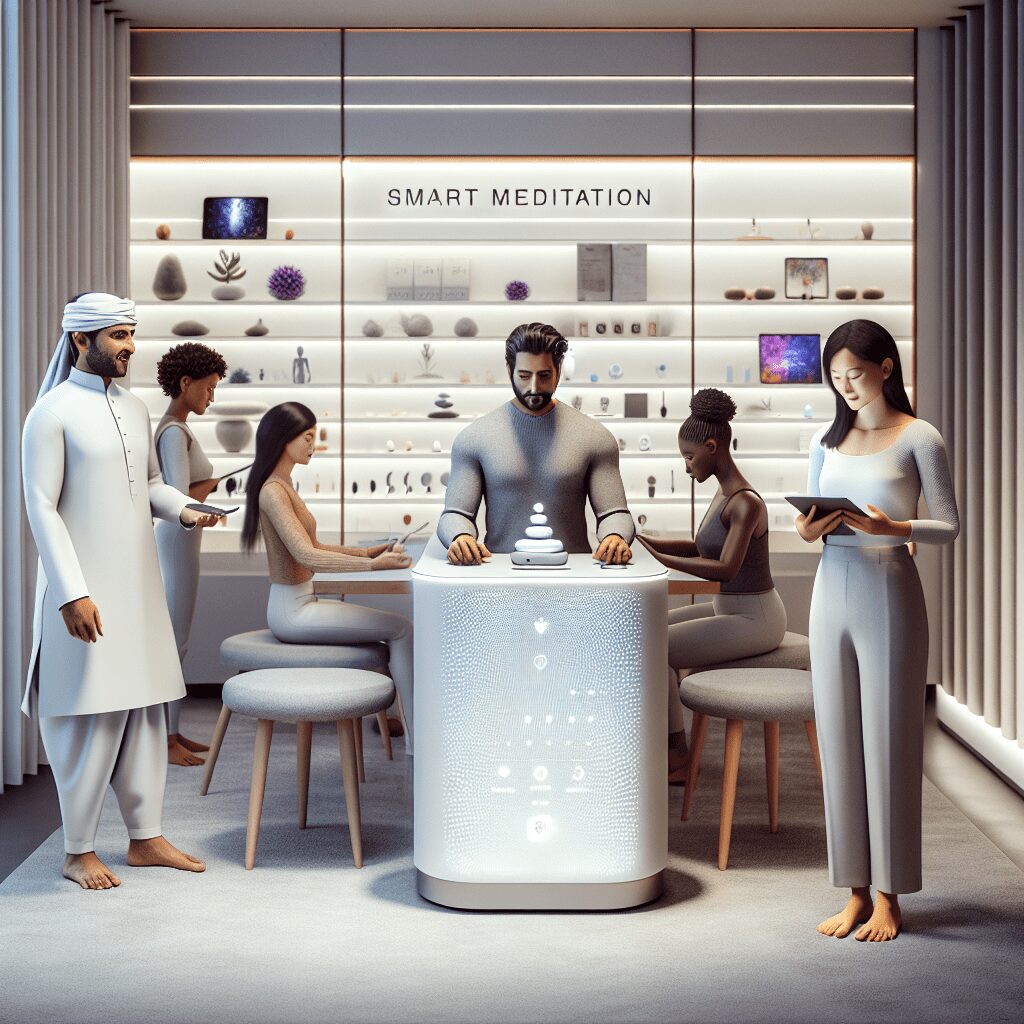
Prioritize your mental well-being daily. Enhance your life by nurturing your mental health with the Smart Meditation app. Break free from stress, alleviate anxiety, and enhance your sleep quality starting today.
Can You Get Cancer If You Stop Antidepressants?
Unlocking the Mystery: Does Halting Antidepressants Elevate Your Cancer Risk?
In the complex, intertwining worlds of mental health and chronic illness, many myths and misconceptions float around like dandelion seeds in the wind. One such question that often pops up in whispered conversations and cornered Google searches is whether stopping antidepressants can somehow flick the switch on cancer risk. It’s a question that weighs heavy on the minds of millions who rely on these medications to navigate the stormy waters of depression and anxiety. So, let’s dive deep, sift through the facts, and lay it all out on the table.
The Connection Between Antidepressants and Cancer: Untangling the Web
First off, let’s address the elephant in the room – the big C, cancer. It’s a word that can send shivers down the spine and for good reason. But when it comes to antidepressants, the waters get a bit murky. Scientific studies and clinical trials are like jigsaw puzzles, and not all pieces fit perfectly every time.
Fact-Checking the Claims
Research in the labyrinthine world of medical science has, to date, not firmly established a direct cause-and-effect relationship between the cessation of antidepressants and an increased risk of cancer. That’s not to say the realm of medicine is a crystal clear lake; there are nuances and shades of grey. Some studies have hinted at a possible link between long-term use of certain antidepressants and specific types of cancer, but these findings are far from being definitive gospel.
Antidepressants, much like any medication, can have a symphony of side effects, and their interactions with the human body can resemble a dance – sometimes graceful, sometimes a bit awkward. It’s worth noting that when it comes to health, mental or otherwise, one size doesn’t fit all.
Sifting Through the Scientific Speak
The majority of research leans towards the idea that antidepressants, especially when correctly prescribed and monitored by a healthcare professional, do not increase cancer risk. In fact, there’s a compelling narrative that doesn’t get as much airtime: the role of untreated depression itself as a potential risk factor for poor health outcomes, including some forms of cancer. Stress and depression can be part of a vicious cycle, wearing down the body’s defenses and potentially impacting the immune system’s ability to fight off illnesses.
Steering Through the Storm: Navigating Mental Health and Cancer Concerns
If you’re standing at the crossroads, considering whether to stop your antidepressant medication, it’s crucial not to pull the plug abruptly. Going cold turkey can unleash a Pandora’s box of withdrawal symptoms and potentially throw your mental health into a tailspin.
The Roadmap for a Healthy Transition
- Consult the Pros: Your journey should start with a heart-to-heart with your healthcare provider. This convo can help map out a safe route off your meds if that’s what’s best for your health.
- Tune into Your Body: Keep a log of any changes, how you’re feeling physically and emotionally. It’s like keeping a diary of your body’s whispers (and sometimes, shouts).
- Lifestyle Tweaks: Engaging in regular exercise, maintaining a balanced diet, and practicing mindfulness can be powerful allies in your health arsenal.
- Stay Informed: Knowledge is power. Stay updated on the latest research and don’t shy away from seeking second opinions.
In the end, the relationship between stopping antidepressants and cancer risk doesn’t follow a straight line. It’s tangled, complicated, and still under investigation. While the specter of cancer can be daunting, it’s important not to let fear cloud your judgment or dictate your health decisions. Armed with the right information and guided by the knowledgeable hands of healthcare professionals, you can navigate this journey safely and healthily.ูล




